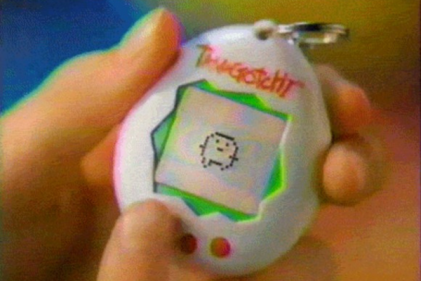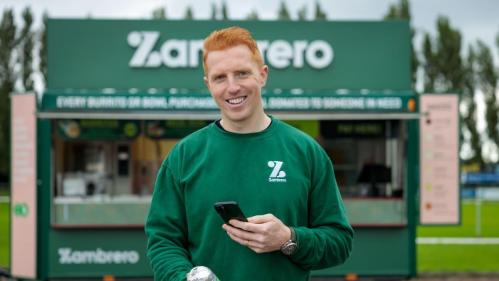
Outpatients Appointment
As a parent, be informed as to the length and nature of the visit. In many cases a number of patients are called for clinics at the same time so be prepared that you may not be seen at the specific time listed on your appointment schedule. Once you, as an adult, are in the mind-set that you may have to wait, then you may be less likely to pass on impatience and stress to your child.
At The National Children’s Hospital, Tallaght, an arts programme runs at various times and is designed to help pass the waiting time by encouraging children to ‘Create While You Wait’. Encourage your child to engage with any activities you may deem appropriate in the waiting area. Ask them to pick out as many fish as they can in the Fish Tank, count the bears on the walls or make up a story using the murals.
Plus, there are always books dotted throughout the waiting area if you need some inspiration!
Prepare your child in advance that the medical practitioner may have to examine them physically. Reassure them that you will be with them the whole time. Perhaps introduce this in the lead up to the visit through play. Doctors and Nurses kits can be a great ways of doing this. The child can examine their dolls and teddies and enjoy some role playing activity.
Blood Test
Often adults pass on their anxieties to their children from the manner in which blood tests are spoken about. Be relaxed and calm when explaining the procedure. Let your child know that the nurse will place a blue bracelet on their arm, just above their elbow. They will then spray some freezing magic spray to numb the area and there will be a tiny pinch. The drawing of blood should only take 30 seconds, so you can even count it down together.
Try to avoid using the word ‘needle’ with your child, dependant on their age. The nurses will refer to the cannula as the ‘butterfly’ they see.
If you think your child is really fearful, there is an extra special magic cream that can be used, but it can take up to forty minutes to be effective.
It is best to bring children in for blood tests in warm clothing so that veins can be found easier thus reducing the duration of the procedure. If possible ensure children, particularly babies, are well hydrated.
Surgical Day Procedures
Explain to your child in a simplified and relaxed manner that they will be coming into the hospital for a number of hours. It is advisable not to explain too far in advance of the visit, or to talk excessively about it with your child as this may build the sense of occasion and heighten anxiety around it. If you are discussing the visit with other adults, be mindful of the words you use and how you speak about any procedure around little ears.
Be aware of the fasting stipulations outlined and stick to them, double check on your appointment the duration and nature of the fast, whether fluids are allowed or not. It may only be necessary to prepare your child to the point at which they fall asleep – dependent on their age and nature, they do not necessarily need to know the exact details of what will be happening while they sleep.
On the night before the visit, allow the child to prepare and pack their own bag. Their favourite pyjamas, teddy and blanket can all be included. Please don’t tell your child they are going on their holidays as this may confuse them and lead to more distress on the day.
In The National Children’s Hospital a parent or guardian may accompany the child as far as the theatre and stay with their child until they fall asleep. A play specialist may also be available to prepare your child for the trip to theatre if necessary. As a parent or guardian, you will be called before your child wakes up so you can reassure them that you will be there when they wake up.
The National Children’s Hospital, Tallaght, are encouraging people around the country to host a Pancake Party between February 13th and February 17th.
Funds raised through these parties each year enable staff to continue to work with the most innovative & up-to-date medical equipment, ensuring that children in care are treated in a comfortable child-friendly environment.
For information on how to host your own Pancake Party, visit their site.






